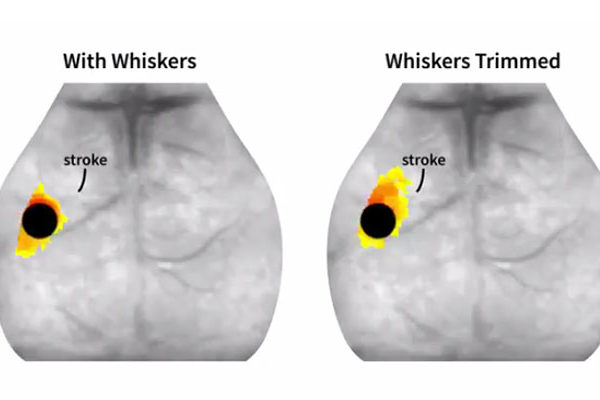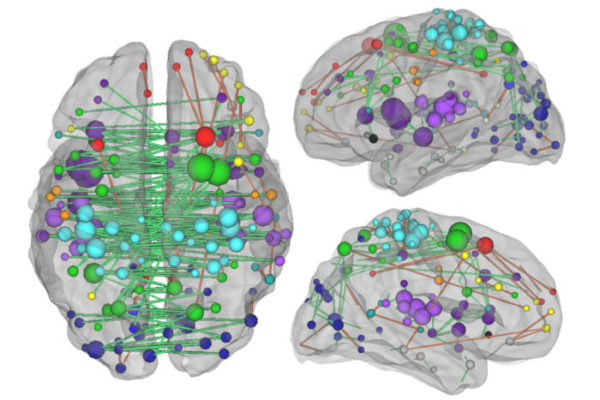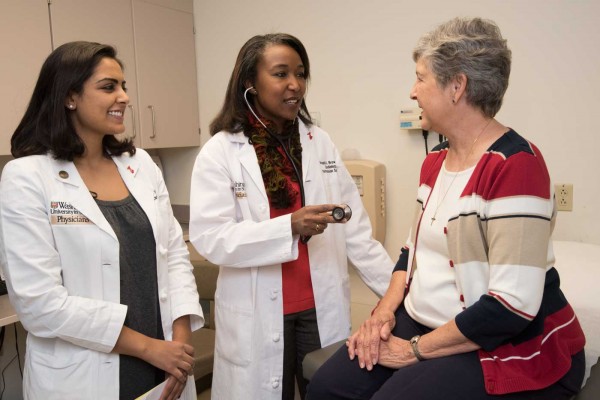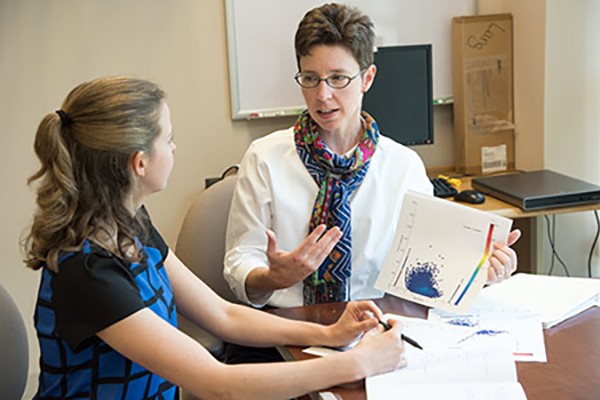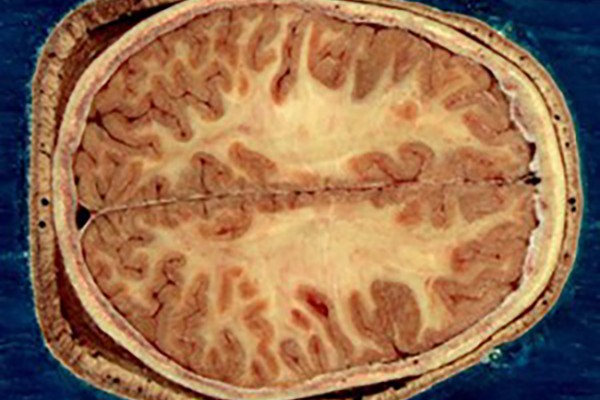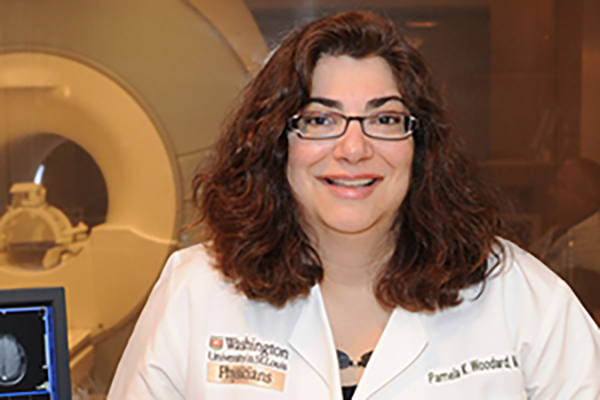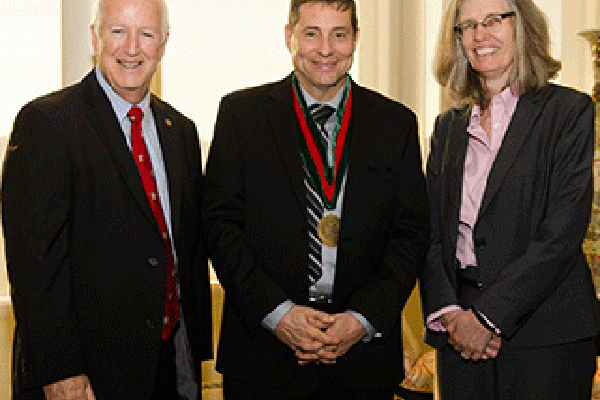Stroke recovery improved by sensory deprivation, mouse study shows
Temporarily shutting off neuronal signals to a healthy part of the brain may aid stroke recovery, according to new research in mice from Washington University School of Medicine in St. Louis.
Measuring damage to brain networks may aid stroke treatment, predict recovery
Two new studies from the School of Medicine indicate that current clinical practices may be missing a key aspect of stroke-induced brain damage. For some cognitive functions, such as memory and attention, the severity of a person’s disability correlates with the extent of disruption to the brain’s communication networks – something that is not measured by most brain scans.
Washington People: Angela L. Brown
Angela L. Brown, MD, associate professor of medicine, leads the Hypertension Clinic at Washington University School of Medicine. Brown has devoted her career to helping patients control their hypertension and to training medical professionals in how to care for such patients.
Washington People: Catherine Lang
Catherine Lang’s love of movement drives her life and her work. As director of Washington University School of Medicine’s Neurorehabilitation Research Laboratory, she helps stroke survivors regain what their strokes took from them.
Trial to study whether statins reduce strokes, heart attacks in HIV patients
The Washington University AIDS Clinical Trials Unit is the first in the nation to open a clinical trial evaluating whether statins reduce heart attacks and strokes in patients with human immunodeficiency virus (HIV).
New understanding of stroke damage may aid recovery
Stroke can lead to a wide range of problems such as depression and difficulty moving, speaking and paying attention. A new study led by Maurizio Corbetta, MD, at the School of Medicine has found evidence that stroke damage to “cables” buried inside the brain plays an important role in these impairments.
Nanoparticle that lights up artery-clogging plaque to be evaluated in clinical trial
The Food and Drug Administration (FDA) has approved for testing in people a nanoparticle-based imaging agent jointly developed at the School of Medicine and collaborating institutions. The imaging agent may illuminate dangerous plaque in arteries, and doctors hope to use it to identify patients at high risk of stroke.
Damage to brain networks affects stroke recovery
Initial results of an innovative study may significantly change how some patients are evaluated after a stroke, according to School of Medicine researchers. Shown is the study’s senior author, Maurizio Corbetta, MD.
Damage to brain ‘hubs’ causes extensive impairment
Injuries to six brain areas are much more devastating to patients’ abilities to think and adapt to everyday challenges than damage to other parts of the brain, scientists at Washington University School of Medicine have learned.
Carr becomes first Wolff professor of geriatric medicine
David B. Carr, MD, has been named the inaugural Alan A. and Edith L. Wolff Professor of Geriatric Medicine at the School of Medicine. He is pictured at his installation with Larry J. Shapiro, MD, dean of the School of Medicine, and Victoria J. Fraser, MD, head of the Department of Medicine.
View More Stories
